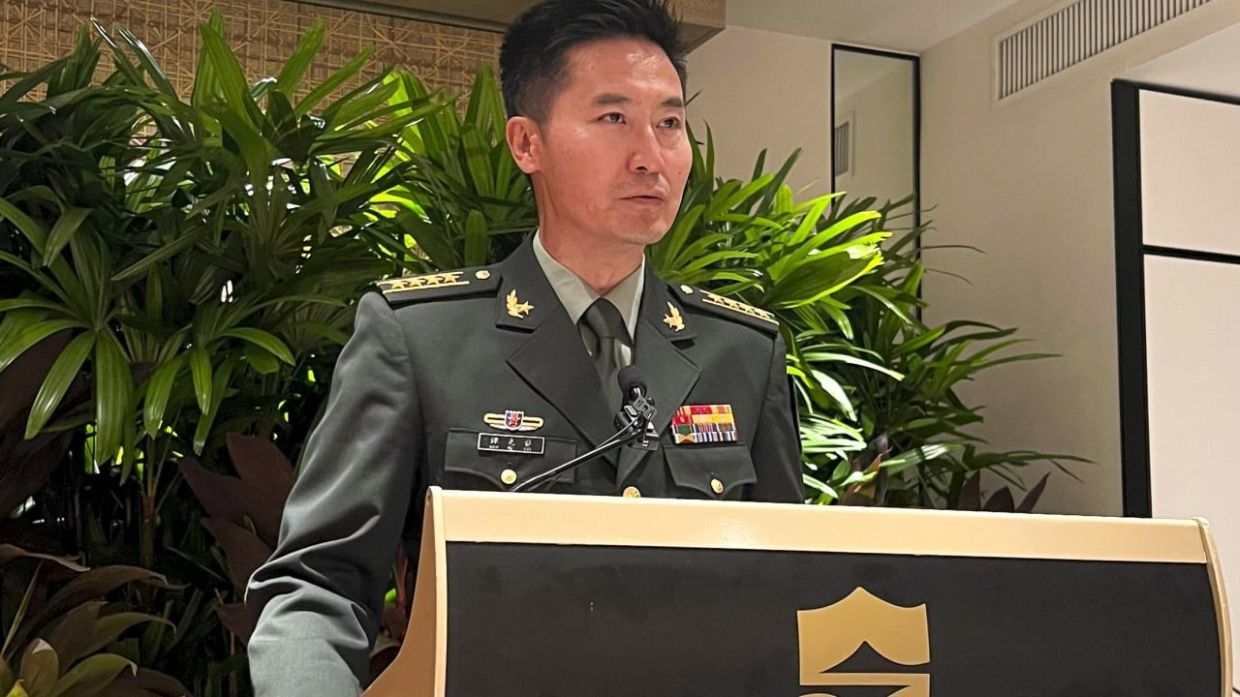Is Japan a member of NATO? This is a question that often sparks curiosity, especially when discussing Japan’s ever-evolving role in global geopolitics. While Japan is not a formal member of NATO (North Atlantic Treaty Organization), its strategic significance in the Asia-Pacific region cannot be overstated. In this article, we will explore Japan’s strategic role in NATO’s Asia-Pacific agenda, shedding light on the geopolitical chessboard where Japan’s moves hold considerable weight.
A Unique Partnership
Japan’s relationship with NATO is unique. Unlike its European counterparts, Japan is not a full member of the transatlantic alliance. This distinction arises from Japan’s historical and constitutional constraints, primarily rooted in the aftermath of World War II. As elucidated in a comprehensive analysis Japan’s constitution renounces the use of military force for aggressive purposes, limiting its ability to participate in collective defense actions.
However, Japan’s commitment to international security remains unwavering, and it has found innovative ways to collaborate with NATO. This collaboration has become increasingly relevant in the context of shifting global dynamics, where the Asia-Pacific region plays a central role.
Japan’s Geostrategic Significance
Japan’s location on the map is strategically pivotal. It is situated in the heart of the Asia-Pacific region, a region characterized by a complex web of political, economic, and security dynamics. This region is home to some of the world’s largest economies, as well as longstanding geopolitical disputes and potential flashpoints.
North Korea: A Proximity Challenge
One of Japan’s immediate security concerns is North Korea. The unpredictable nature of North Korean leadership and its nuclear ambitions pose a significant threat not only to Japan but also to regional stability. Japan’s geographic proximity to North Korea means it is on the front lines of any potential crisis, making it a crucial partner for NATO in addressing this security challenge.
Territorial Disputes in the East China Sea
The East China Sea is another hotspot in the Asia-Pacific, where Japan is embroiled in territorial disputes with China. These disputes, particularly over the Senkaku/Diaoyu Islands, have the potential to escalate into broader conflicts. Japan’s role in this regional tussle underscores its strategic significance and the need for international partnerships, including with NATO, to maintain stability.
Sea Lanes and Trade Routes
Japan’s position as a maritime nation places it at the crossroads of vital sea lanes and trade routes. Ensuring the security of these routes is not only critical for Japan’s economic well-being but also for global trade. It is a shared interest for both Japan and NATO to protect these crucial arteries of international commerce.
Japan-NATO Cooperation in the Asia-Pacific
While Japan is not a part of NATO in the traditional sense, it has cultivated a multifaceted partnership with the alliance. This collaboration extends into various domains:
Counterterrorism
Japan has been an active partner in NATO’s efforts to combat terrorism. It has contributed to NATO’s Resolute Support Mission in Afghanistan by providing financial assistance for Afghan security forces and engaging in capacity-building initiatives.
Disaster Relief and Humanitarian Assistance
Japan, being susceptible to natural disasters, has cooperated closely with NATO in disaster relief and humanitarian assistance missions. This collaboration involves sharing expertise in disaster response and coordination, an area where Japan’s experience is highly valued.
Cybersecurity
In the age of digital connectivity, cybersecurity is paramount. Japan and NATO have strengthened their collaboration in this domain. They share information and best practices to enhance their collective resilience against cyber threats.
Maritime Security
Given its extensive coastline and maritime interests, Japan is deeply concerned about maritime security. Collaborative efforts with NATO in countering piracy and ensuring the safety of sea lanes are essential components of their partnership.
Peacekeeping Operations
Japan has also contributed personnel and financial support to NATO-led peacekeeping missions. This reflects Japan’s commitment to global stability and its willingness to play a role in conflict resolution efforts.
NATO’s Evolving Global Role
NATO, initially conceived as a regional defense alliance, has expanded its global footprint in response to the evolving nature of security challenges. This expansion aligns with Japan’s interests in addressing security challenges that extend beyond its immediate neighborhood. The Asia-Pacific region’s significance has grown substantially on NATO’s radar.
NATO’s partnerships program, of which Japan is an integral part, is a testament to the alliance’s recognition of the importance of global security dynamics. It reflects a strategic shift in NATO’s priorities to engage with partners worldwide to address shared security concerns.
Looking to the Future
As we peer into the future, the strategic partnership between Japan and NATO is likely to deepen further. Several factors will influence the trajectory of this relationship:
Regional Security Dynamics
Japan’s security concerns in the Asia-Pacific region, driven by North Korea’s provocations and territorial disputes, will remain a prominent factor. NATO’s expertise in addressing security challenges can complement Japan’s efforts to maintain regional stability.
Global Threats
Transnational threats such as terrorism, cyberattacks, and climate change will continue to demand international collaboration. Japan and NATO will work together to mitigate these challenges that transcend borders.
Collective Security
While Japan cannot engage in collective defense as a NATO member would, it will continue to seek ways to enhance its security through multilateral cooperation, including its partnership with NATO.
Shared Values
Japan and NATO share common values such as democracy, the rule of law, and respect for human rights. These shared values provide a strong foundation for their ongoing collaboration and solidarity in addressing global challenges.
In conclusion, Japan’s strategic role in NATO’s Asia-Pacific agenda is emblematic of the interconnected nature of modern geopolitics. Japan’s unique position as a non-member partner of NATO underscores its commitment to global security and stability, particularly in the face of evolving security challenges in the Asia-Pacific region. As the world continues to change, Japan and NATO’s collaborative efforts on the geopolitical chessboard will remain pivotal in shaping a secure and prosperous future. For a deeper understanding of Japan’s non-membership in NATO, please refer to the detailed analysis on this page.

